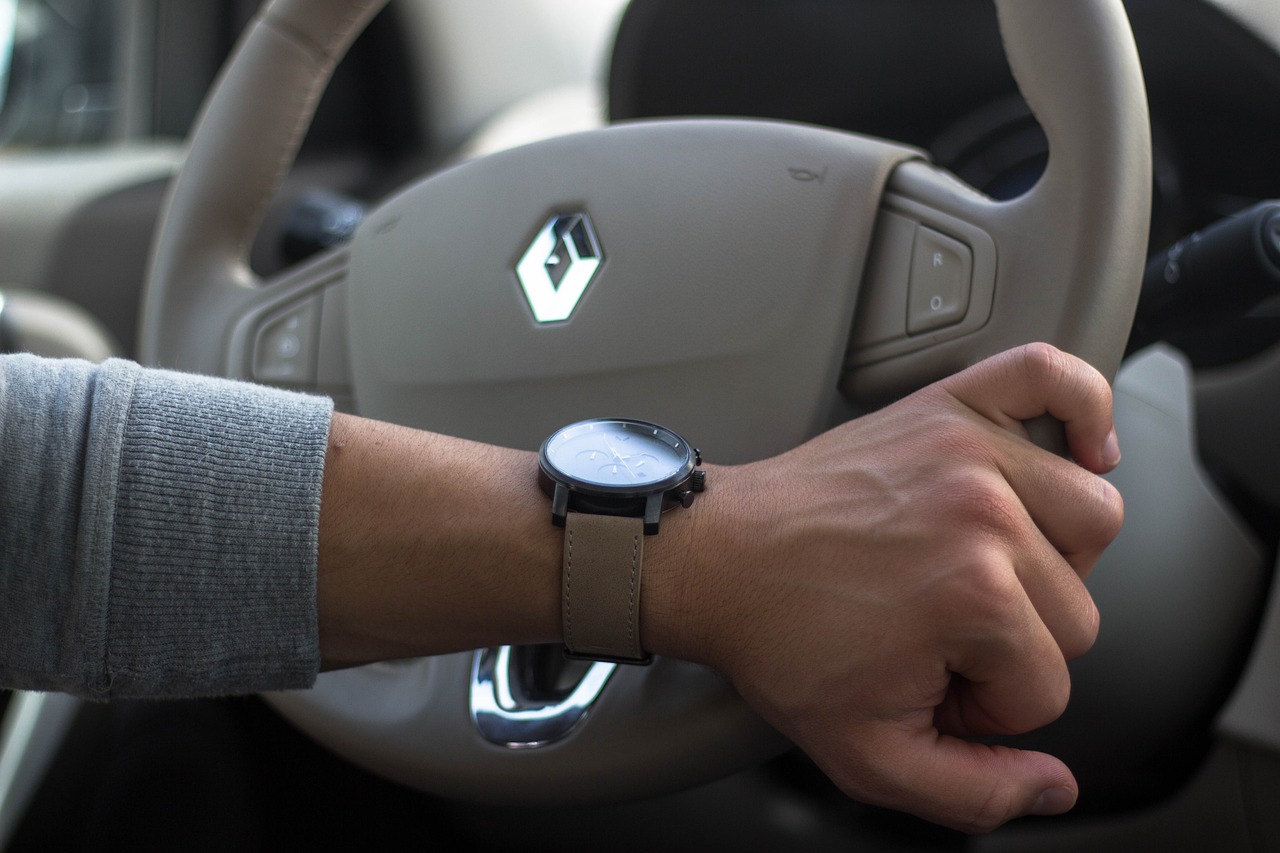The Future of Retail: Experiential Concepts and Omnichannel Integration
play 99 exchange, lotusbhai, playexch in login: The retail landscape is constantly evolving, with new technologies and consumer behaviors shaping the future of shopping. From experiential concepts to omnichannel integration, retailers are exploring innovative ways to engage customers and drive sales. In this blog post, we’ll explore the future of retail and how experiential concepts and omnichannel integration are shaping the industry.
The Rise of Experiential Concepts in Retail
Experiential retail is all about creating memorable and engaging experiences for customers. Gone are the days of bland, uninspiring stores – today’s consumers are looking for more than just products; they want an experience. From interactive displays to pop-up shops, retailers are embracing experiential concepts to attract and retain customers.
One popular trend in experiential retail is the concept of “retailtainment,” where stores offer entertainment and experiences alongside traditional shopping. This can include live events, workshops, and even virtual reality experiences. By creating a fun and engaging environment, retailers are able to build stronger connections with their customers and drive loyalty.
Another key aspect of experiential retail is personalization. Customers want to feel like their shopping experience is tailored to their preferences and needs. Retailers are leveraging data and technology to create personalized experiences, from targeted marketing campaigns to personalized product recommendations. By understanding their customers and offering personalized experiences, retailers can increase customer satisfaction and drive sales.
Omnichannel Integration: Seamless Shopping Across Channels
Omnichannel integration is another important trend shaping the future of retail. With the rise of online shopping, retailers are looking for ways to seamlessly integrate their physical and digital channels. Omnichannel retailing allows customers to shop seamlessly across multiple channels, from in-store to online to mobile.
One key aspect of omnichannel integration is offering a consistent shopping experience across all channels. Customers expect a seamless experience, whether they are shopping online, in-store, or on their mobile device. By integrating their channels, retailers can offer a cohesive shopping experience that drives customer loyalty and satisfaction.
Another important aspect of omnichannel integration is inventory management. Customers want to be able to shop online and pick up their purchases in-store, or vice versa. By integrating their inventory systems, retailers can offer more flexibility to their customers and streamline the shopping process. This not only improves the customer experience but also helps retailers optimize their inventory and reduce costs.
The Future of Retail: Experiential Concepts and Omnichannel Integration
The future of retail is all about creating seamless and engaging shopping experiences for customers. By embracing experiential concepts and omnichannel integration, retailers can stay ahead of the curve and meet the evolving needs of consumers. From personalized experiences to seamless shopping across channels, the future of retail is all about putting the customer first.
As retailers continue to innovate and adapt to changing consumer behaviors, we can expect to see even more exciting developments in the world of retail. By embracing experiential concepts and omnichannel integration, retailers can create a more engaging and personalized shopping experience for their customers. The future of retail is bright, and it’s all about creating memorable experiences that keep customers coming back for more.
FAQs:
Q: What is experiential retail?
A: Experiential retail is all about creating memorable and engaging experiences for customers. This can include interactive displays, live events, and personalized experiences that go beyond traditional shopping.
Q: How does omnichannel integration benefit retailers?
A: Omnichannel integration allows retailers to offer a seamless shopping experience across multiple channels, from in-store to online to mobile. This not only improves the customer experience but also helps retailers optimize their inventory and reduce costs.
Q: What are some examples of experiential concepts in retail?
A: Examples of experiential concepts in retail include pop-up shops, interactive displays, and virtual reality experiences. Retailers are constantly innovating to create unique and engaging experiences for their customers.
Q: Why is personalization important in retail?
A: Personalization is important in retail because customers want to feel like their shopping experience is tailored to their preferences and needs. By offering personalized experiences, retailers can drive customer loyalty and satisfaction.







